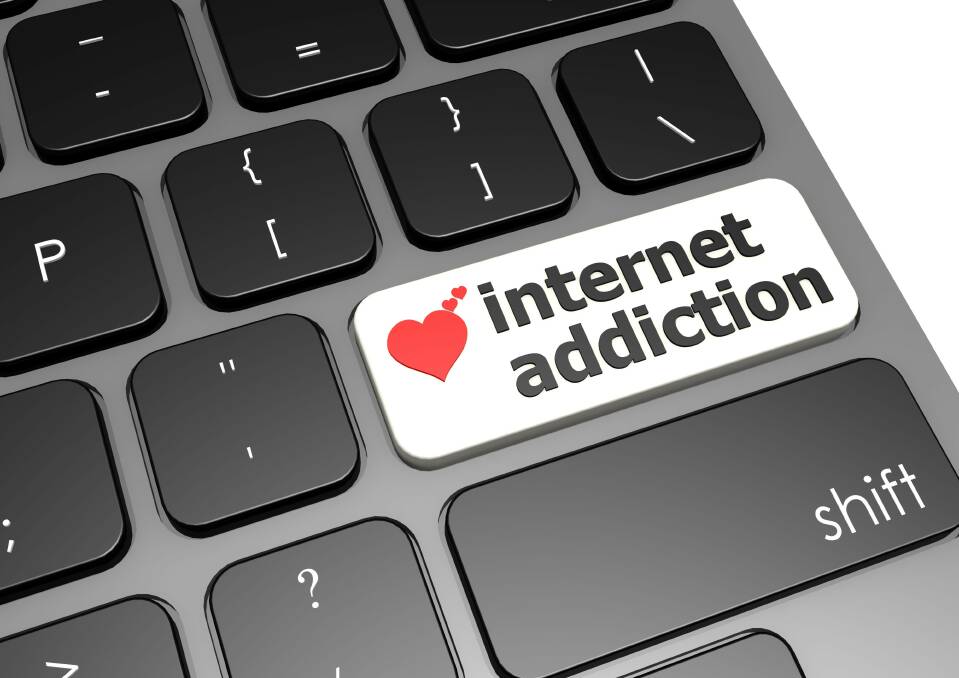
Addiction can take a variety of forms. For many people, the word addiction is associated exclusively with drug and alcohol abuse. But there’s also such a thing as behavioural addiction, and it is more common than most people realise.
What is behavioural addiction?
Behavioural addiction, also known as process addiction, is a term used to describe a situation whereby someone becomes dependent on a particular behaviour or activity. Often, it gets to the point where the dependence begins to interfere with their daily lives and negatively affect their well-being.
According to a 2021 study in Frontiers in Psychiatry, behavioural addiction can be defined as “any compulsive, repeated, and persistent behaviour that leads to significant and functionally impairing harm or distress.”
Common examples of behavioural addiction include:
- Video games
- Internet usage
- Gambling
- Exercising
- Shopping
- Sex
- Working
- Cosmetic surgery
- Eating
That list is not exhaustive. Indeed, experts contend that any activity that has the ability to stimulate a person could theoretically become an addiction. The line is drawn, according to another recent study, when the behaviour changes from a habit to a compulsive obligation.
Internet addiction
A good contemporary example of behavioural addiction is internet addiction-sometimes called Internet Addiction Disorder (IAD). Given how much time we spend on our phones and tablets these days, it’s easy to see how an internet addiction might develop.
Teens are especially vulnerable in the age of social media, but it can happen to anyone because the internet encompasses so many different things.
Take shopping. Thanks to the internet, consumer products of all kinds can be purchased in a matter of minutes and delivered same-day by a courier service. Just last week I ordered a box of fine cigars and had them shipped via courier Busselton. Within two hours I had them in my hands.
Now, the satisfaction derived from an easy and efficient transaction like that can certainly lead to habitual online shopping which, in extreme cases, may develop into an addiction.
The same goes for gambling, gaming, pornography, and chat rooms, all of which are available online. The Victorian government’s Better Health Channel reports that men are more likely to develop an addiction to pornography while women are more likely to become addicted to chat rooms.
Experts divide internet addiction into five categories. These are:
Cybersexual addiction, which involves viewing, downloading, and sharing pornographic images and videos
Cyber-relational addiction, whereby a person begins to prioritise online relationships over real-life relationships
Net compulsions, such as gambling and shopping
Information overload, which refers to excessive web surfing
Computer addiction, or excessive engagement with pre-programmed games
What are the signs of an internet addiction?
Signs of an internet addiction vary depending on the individual and what he or she is using the internet for. But generally speaking, someone with an internet addiction is likely to exhibit some or all of the following signs.
- Spending an increasingly large amount of time online
- Staying online longer than expected or intended
- Needing to spend more time on the internet to get the same level of satisfaction
- Using the internet to escape from personal issues
- Moodiness, anxiety, and/or irritability when the internet is unavailable
- Neglecting personal relationships and responsibilities in favor of internet usage
Unlike drug addictions, internet and other behavioural addictions don’t cause physical withdrawal symptoms like sweating and shaking. That is one major difference between drug addiction and behavioural addiction.
What causes internet addiction?
Experts don’t know exactly how or why internet addiction affects certain people. There is some debate among medical professionals about whether internet addiction is a real mental disorder or merely a symptom of underlying mental or behavioural problems.
For instance, people who are susceptible to internet addiction are likely susceptible to other addictions such as alcohol, tobacco, and gambling. This can be due to a personality disorder or an excessive biochemical response to stimulating activities which promote the release of dopamine, endorphins and other “feel good” chemicals.
How is internet addiction treated?
Internet addiction, along with other forms of behavioural addiction, is a serious problem that needs to be addressed as soon as possible, lest it take a heavy toll on the person’s life and health. People who have tried and failed to stop using the internet require professional treatment. Usually, this takes the form of cognitive behaviour therapy, either individually or with a group. Prescription drugs may be used to treat any underlying conditions like anxiety and depression.
If you think you may have an internet addiction, ignoring the problem will only make it worse. Be open about it with your friends and family and, if necessary, seek clinical help.
